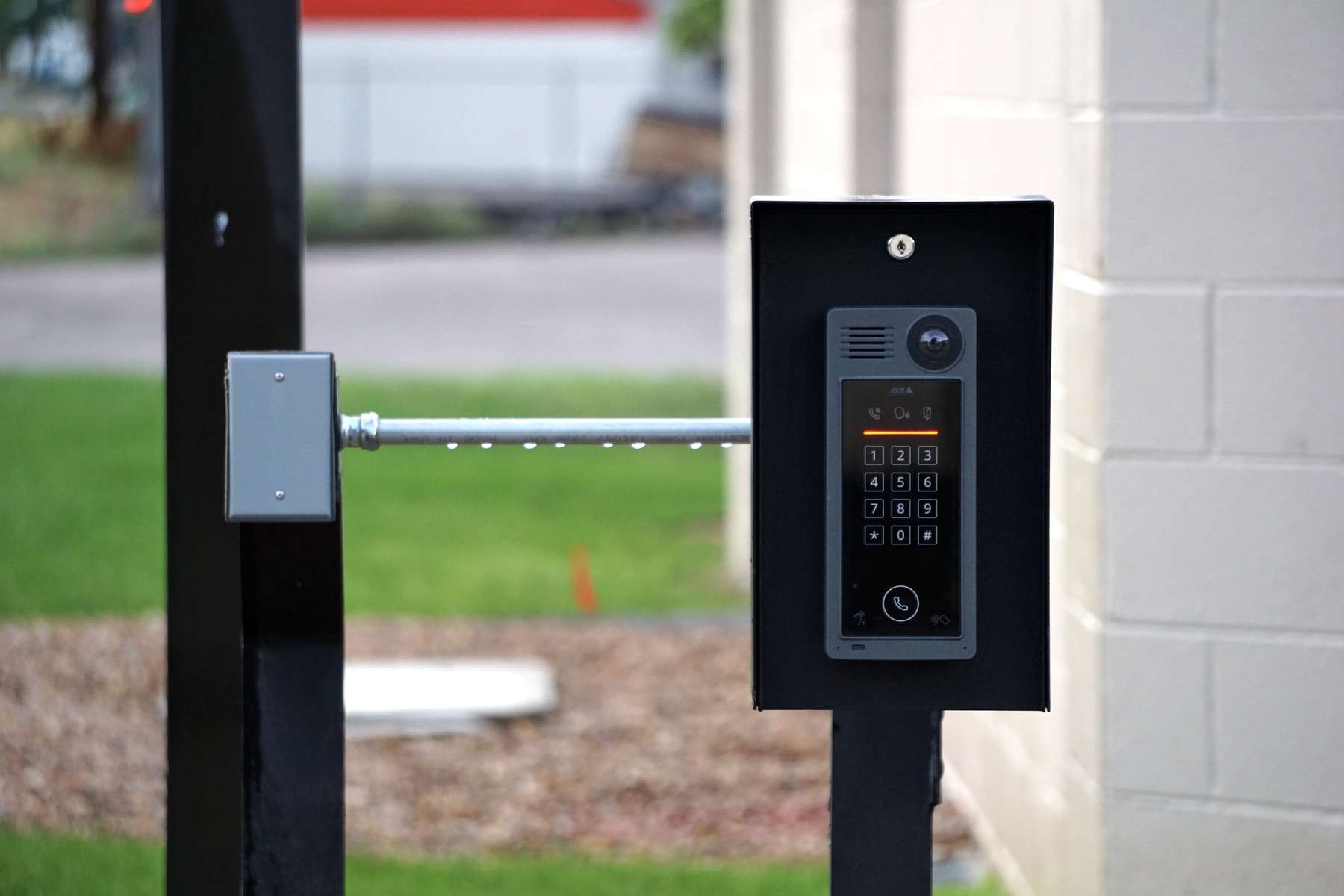Educators can support their students and advocate for safer campus communities in many ways.
Barriers Connecting with Support
Sometimes students experience barriers when connecting with on-campus support services after surviving sexual assault. These barriers can include issues surrounding accessibility of support services, acceptability of survivor testimony, appropriateness of available support services, and alternatives to support on campus. Educators can support their students on campus by being aware of the needs and concerns of their campus community.
Transparent Reporting Processes
Establish transparent and survivor-focused reporting processes that prioritize the safety and well-being of survivors. Provide multiple reporting options, including confidential avenues, and ensure that survivors are informed of their rights and options throughout the process.
Education and Prevention Programs
Implement mandatory education and prevention programs for all students, faculty, and staff. These programs should cover topics such as consent, bystander intervention, healthy relationships, and the effects of alcohol and drugs on sexual decision-making.
Support Services
Ensure access to comprehensive support services for survivors of sexual assault, including counseling, medical care, legal assistance, and academic accommodations. Make information about these services readily available and accessible to students.

Collaboration and Partnerships
Foster collaboration and partnerships with local law enforcement, community organizations, and advocacy groups to enhance campus safety efforts. By working together, colleges can leverage resources and expertise to better address sexual assault both on and off-campus.
Climate Surveys and Data Collection
Conduct regular climate surveys to assess the prevalence and perception of sexual assault on campus. Use this data to inform prevention strategies, evaluate the effectiveness of programs, and identify areas for improvement.
Combat Rape Culture On Campus
Address underlying cultural and structural factors that contribute to sexual violence, such as gender inequality, power imbalances, and social norms that perpetuate rape culture. Promote a campus culture that values respect, consent, and accountability in all interactions.
Leadership and Commitment
Demonstrate strong leadership and institutional commitment to addressing campus sexual assault. Allocate adequate resources, staffing, and training to support prevention and response efforts, and hold individuals accountable for misconduct.

